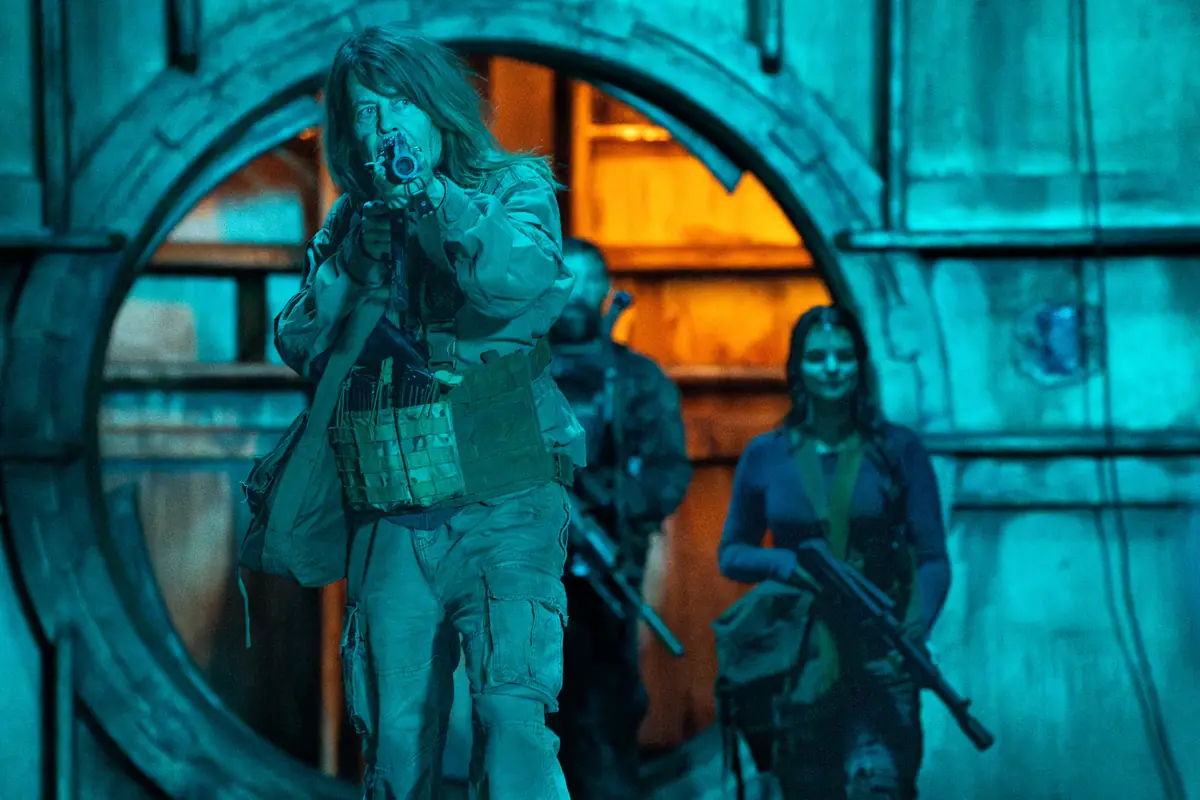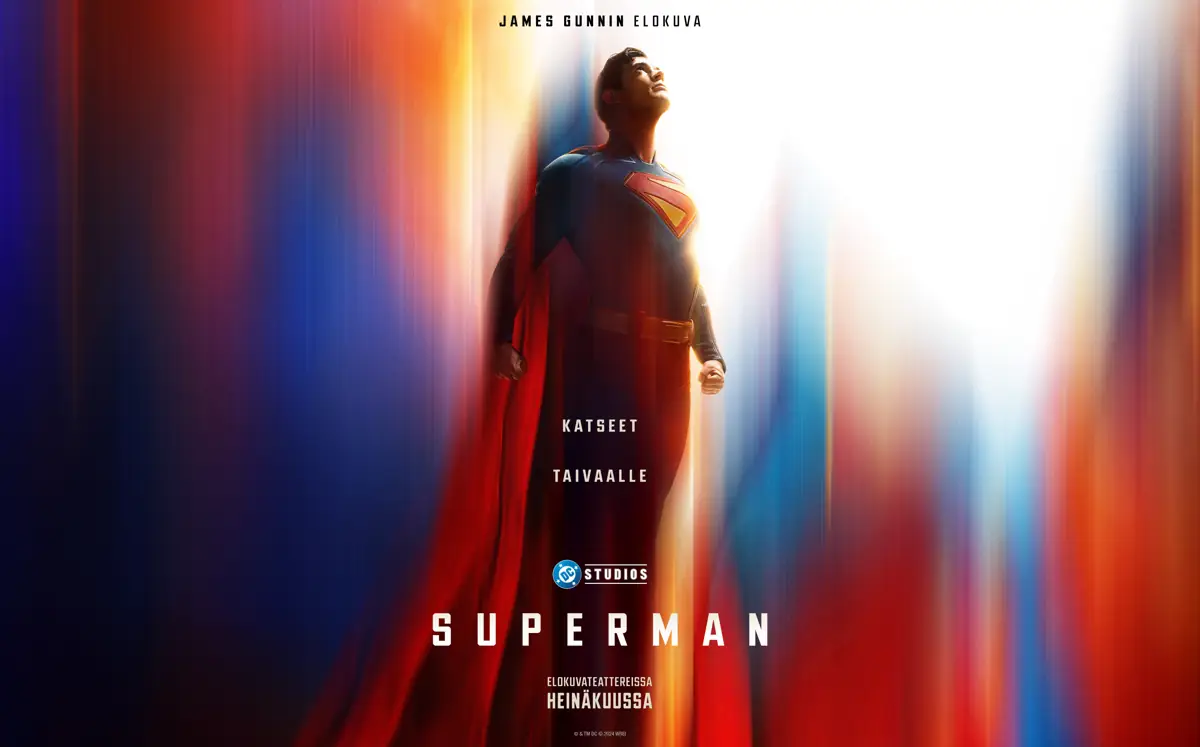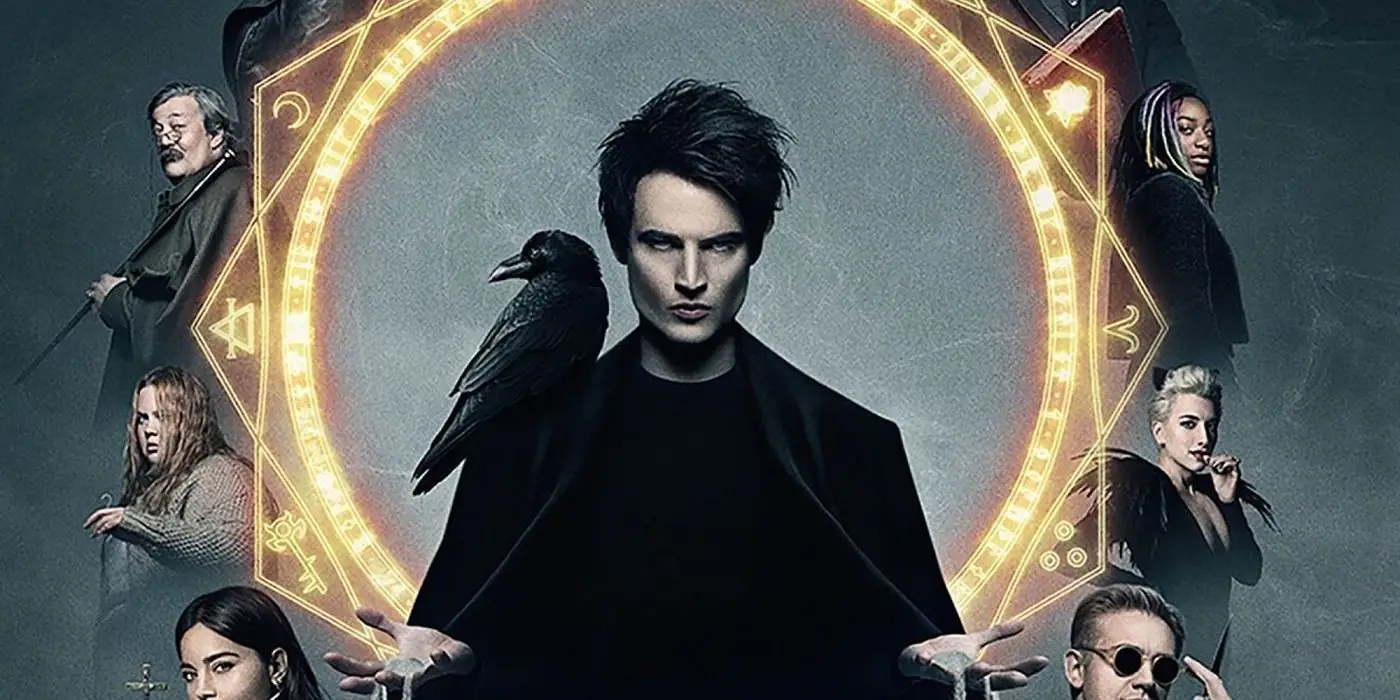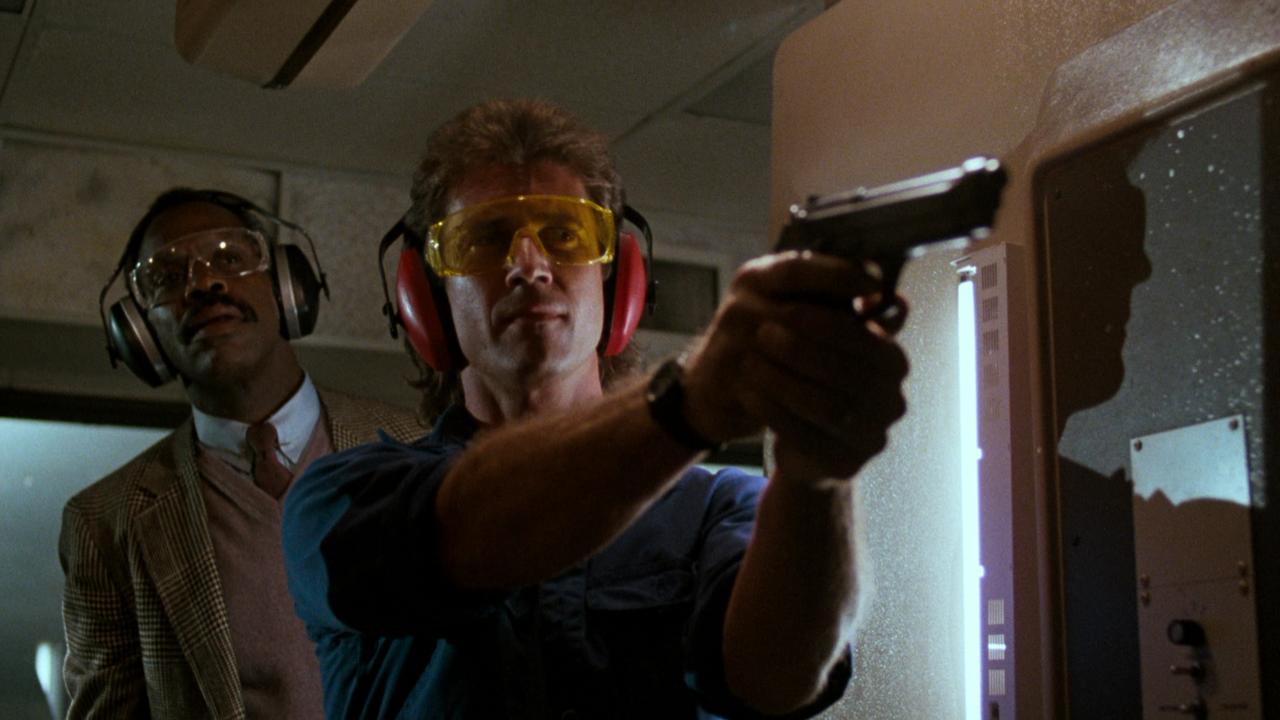(WELCOME TO UTMARK premieres 18th of April on HBO Nordic. All Episodes viewed for review.)
A local town for local people
WELCOME TO UTMARK begins like a western, turns into a darkly comic tragedy by way of the Coen brothers, and ends like an elegy to a Nordic world that’s slowly fading into memory. It occasionally loses momentum along the way, but when it picks up steam, UTMARK turns into a powerhouse of Nordic noir, unlike anything we’ve seen in years.
Far in the Norwegian north, there lies the dying village of Utmark. Held together by bullheadedness, spite, and the occasional glimmer of hope, it’s a straggler lost in time and unwilling to let go in a losing battle. At its heart are two farmers representing drastically different ideologies, worlds, and even cultures. Represented by an alcoholic sheepherder, Finn, played by Tobias Santelmann, and his nemesis, the volatile yet calculating Sami reindeer baron Bilzi, played by Stig Henrik Hoff. After years of bullying comes to a breaking point, Finn retaliates in a way that sparks an all-out war, sending Utmark down a path that will change it for good.
Around them are the machinations and increasingly absurd lives of the village. As mundane repetition becomes hallucinogenic, everyone responds with increasingly drastic measures. With no society around them to respond, the vast wilderness embracing Utmark becomes the stage for an absurd play where everyone seems to have arrested development.

Inspired repurposing
Directed by Dagur Kári and created by him and Kim Fupz Aakeson, UTMARK wears its inspirations with pride but always feels unique and authentic. It’s the kind of take on the Neo-Western that sheds its dated baggage genre and ruthlessly mines it for material to update. Bilzi, for example, is a wonderful antagonist in that his anger and superiority stem from trauma that’s entirely understandable. As a Sami, he’s witnessed his people marginalized and brutalized over a century by those calling themselves natives. Whatever he’s managed to carve out in this world is small, but he’ll guard it with his life.
But there’s a contradiction to him as well. He openly scorns his younger half-brother, calling him a mixed breed and a southerner, seeing him as weaker than Bilzi’s “true” nordic nature. He needs nothing, Bilzi declares, but the fire and a knife. “And your truck and the snowmobile,” his brother quips. Slighted, Bilzi erupts in anger. Hoff plays this insecurity brilliantly, allowing us to empathize with the dangerous man even as he repels us.
Santelmann, in turn, plays Finn as a weakling pushed around by a system that doesn’t care for him any more than it does for Bilzi. But where his alpha-male rival controls the local police through brute force, Finn simmers and seethes in anger, slowly bubbling into a murderous rage. He’s the archetype of the Nordic man, pained and hurt on the inside but obstinate and stupid enough to drive away help.

Two worlds
Sadly, their generational and cultural difference doesn’t get as much of a highlight as I’d wish, leaving their spiraling antagonism slightly lesser than it could be. Beyond a fantastic opening postulation by Bilzi, much of his inner life remains a mystery even ten hours later. We understand why they’re doing what they do and why everything spins so out of control. But UTMARK is so rich, so densely written, and packed with incredible performances that, damn it, I want more.
That is a minor quibble. It’s demanding more after enjoying a feast – and that’s precisely what Utmark is. From the intensely gorgeous visuals, where cinematographer Andreas Johannessen captures the stark landscape in all its beauty and danger, to the vivacious editing that often underlines the gallows humor superbly.
Like the humor, the violence in UTMARK goes from 0 to Tarantino blindingly fast. Only much later, once the pulse settles, do you realize how well the lead-ups come to fruition. Hindsight is one of the biggest things that UTMARK has going for it, and it will be a treat to rewatch the series in the future, knowing exactly where everything is going. The series feels alive and vibrant like we’re just witnessing a moment in time like thieves in the night.

A new standard
Supported by stellar turns from Maya-Linda Kosumovic, Alma Günther, and Marie Blokhus, WELCOME TO UTMARK sets a high standard for Nordic thrillers. While not strictly speaking a noir story (it owes much more to the aforementioned Western genre), UTMARK defies easy definition. Just as you think you’ve got it pegged down, the series changes pace, leaving previous expectations hanging.
A midway point sees the entire tone shift radically, with new players introducing themselves into the farcical tragedy at every turn. Even binged, WELCOME TO UTMARK feels like you’re getting everything for the price of one, and it never feels overstuffed.
It’s a perfect entry point into Nordic cinema for an international crowd, especially those interested in the tensions between the two cultures sharing this land. It is just mainstream enough to entertain without being too weird and suitably oddball enough to give a glimpse into the bizarre mindset that controls this part of the world.
In a way, the western might just be at home on this frontier. We all feel lost in the wild anyway.














Discussion